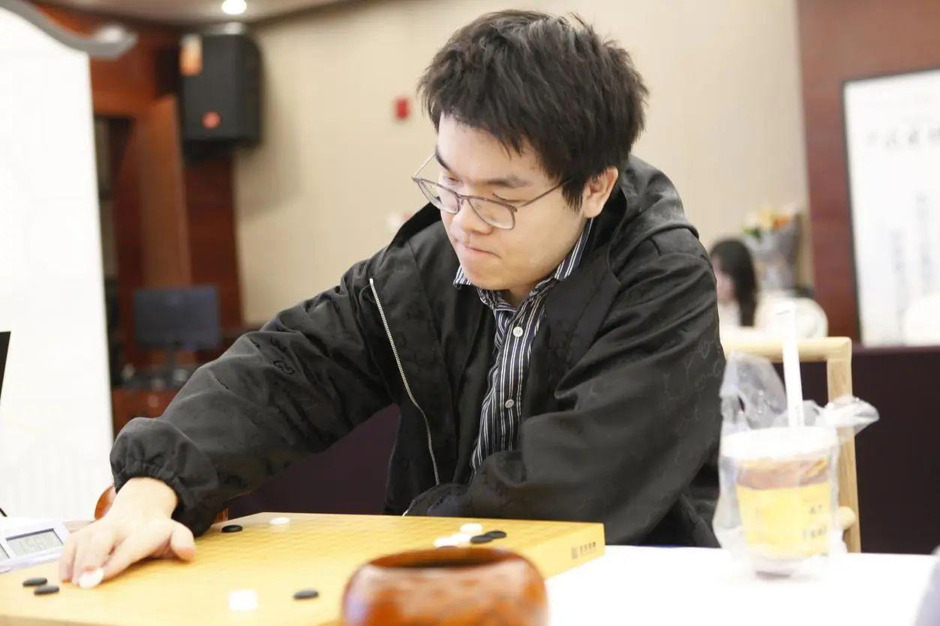Kiai
Assertive play
In Go, kiai embodies an attitude of proactive and aggressive play, where a player actively disrupts the opponent’s plans while advancing their own. It is often translated as fighting spirit, reflecting a willingness to challenge the opponent rather than passively responding. Moves that exemplify kiai demonstrate initiative, confidence, and a refusal to be pushed into a defensive stance.

The term is commonly used by strong players and appears frequently in advanced Go literature. Go Seigen, for example, emphasized kiai as a crucial quality in high-level play, distinguishing strong players from those who simply react to their opponent’s moves.
Application in Play
- Kiai is particularly important in close fights, where maintaining initiative can determine the game’s outcome.
- It is often associated with resisting kikashi (forcing moves) and turning an opponent’s strategy against them.
- Players who consistently display kiai are said to be kiai-gachi (winning through fighting spirit), while those who lack it may suffer from kiai-make (losing due to weak resistance).
A player with strong kiai does not passively accept territorial losses but instead seeks active counterplay, pressing forward with bold moves and calculated risks. It is often contrasted with submissive or overly defensive play, which can allow an opponent to dictate the flow of the game.